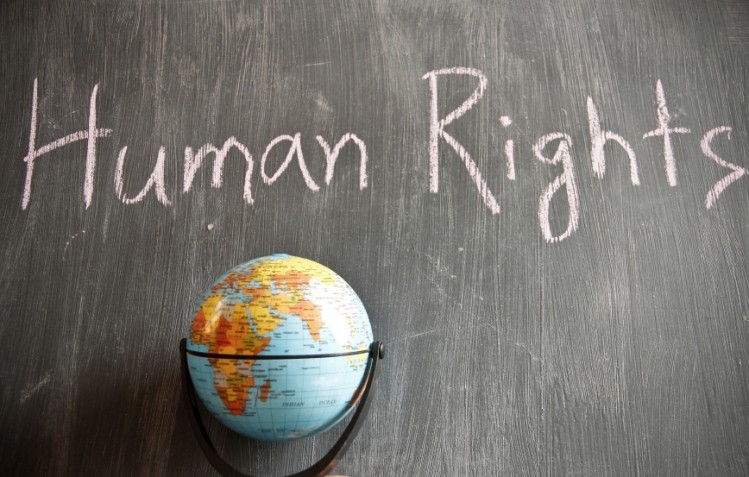Unilever becomes first company to report on human rights using UN guidelines

The report details Unilever’s efforts in promoting and implementing its workers' rights, publicly reporting on the progress made and challenges faced, identifying future priorities and seeking feedback from stakeholders.
“We share these in the spirit of continuous improvement, in the knowledge that the remaining challenges are considerable and in the hope that other businesses may benefit from the lessons we’ve learned so far,” said the report.
CEO Paul Polman said the company had recognised that businesses could only flourish in societies that respected, upheld and advanced human rights.
“People are our greatest asset, and empowering them across our supply chain is not only the right thing to do, but also ensures a sustainable future for the business,” he said.
“It is no longer enough for business to merely respect human rights. Our role must be far more active to ensure we succeed in our commitment.”
The move was praised by Oxfam. A spokesperson for the NGO told FoodNavigator: "Unilever should be commended for leading as the first company to publish a Human Rights report following the recommended reporting framework. However as the company itself acknowledges, much remains to be done.
"It needs to develop new and more robust ways to tackle the root causes of issues and ensure its business practices are aligned with its policies. It needs to be more explicit about its commitment to living wages. And it needs better measures of its progress in achieving positive social impact so civil society organisations can verify this."
Manubens: 'We will be successful when people are empowered'
For Unilever global vice president for social impact, Marcela Manubens, the company faced a significant challenge in ensuring the company's human rights policy was respected across its operations due to the company's sheer size. Unilever has 172,000 employees, 76,000 suppliers and sales in more than 190 countries across the globe.
The Anglo-Dutch company - the third-largest consumer goods company in the world - has set itself five focus areas for advancing human rights, which included collaborating in public-private partnerships.
The 68-page report also identified key issues it intended to address including health and safety, harassment, discrimination, working hours, forced, child and trafficked labour, freedom of association, land rights, grievance mechanisms and women’s rights.
Opening the doors
In 2013 the company opened the doors of one of its Vietnamese factories to allow Oxfam to conduct an in-depth evaluation of its workers' rights, which the NGO called an unusual act of transparency for a multinational.
Oxfam's resulting report found that, while the company performed better than many of its competitors, it failed to meet its own standards for providing a decent living wage, putting an end to illegal overtime hours and providing an atmosphere in which workers felt free to voice their grievances.
At the time, Unilever's global supply chain chief, Pier Luigi Sigismondi, said that they had been "quite disappointed" by the outcome but CEO Polman said it had spurred them on to make changes.
This latest company report acknowledged the failings revealed by the Vietnamese case study and said the company had been working to address them.
A 2014 Globescan survey involving international stakeholders from business, government, NGOs and academia voted Unilever number one for corporate sustainability, with one third of respondents saying they identified the company as a “leader in integrating sustainability into its business strategy".

















